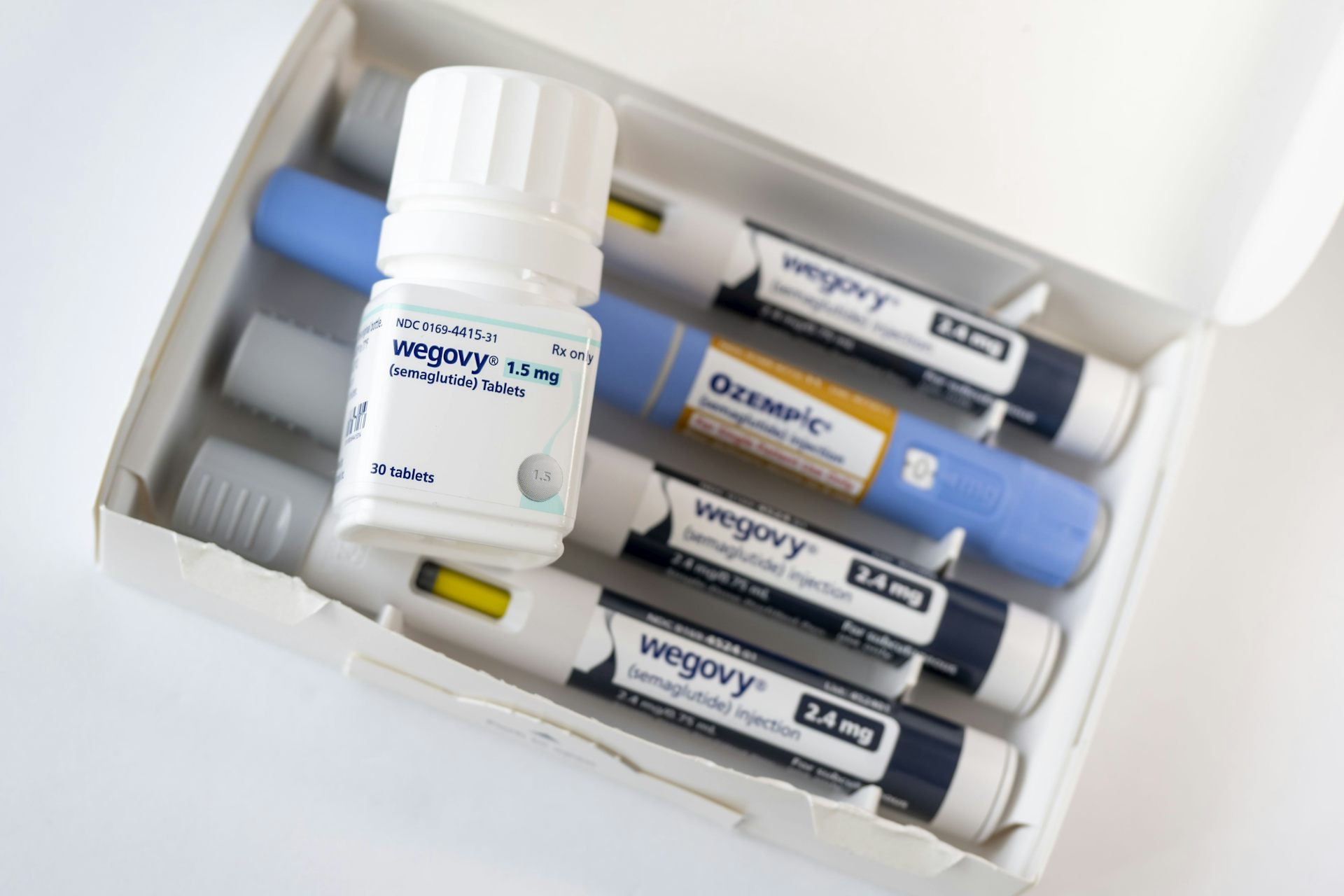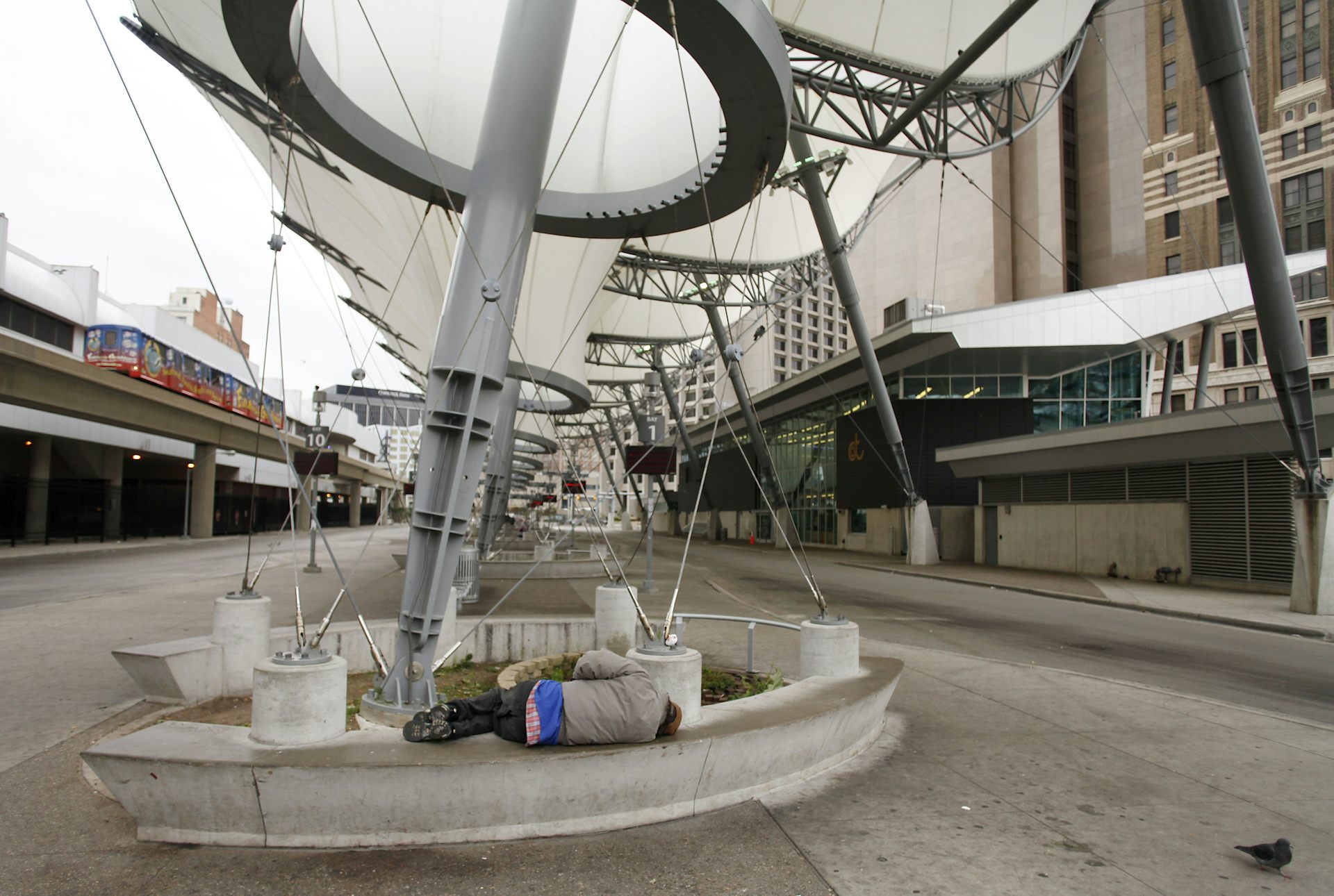Why stable relationships are 'poison control' in fighting trauma and stress in kids
Childhood trauma from abuse, neglect and even divorce increases the risk for physical, mental and developmental problems. To prevent the poisonous consequences, safety and stability are essential.

Editor’s note: May is Mental Health Awareness Month. This article is part of a series exploring how research into adverse childhood experiences – or ACEs – is helping therapists, parents, educators and the medical community better understand the lasting effects of trauma on mental health.
Parents are often reminded to keep harmful substances out of their child’s reach. But what if a child’s experiences at home were as toxic to their health as household solvents and cleaners?
On a basic level, toxins are poisonous substances that lead to disease. Although not stored in a bottle or on a shelf, stress in childhood meets the criteria.
The phrase “toxic stress” describes the body’s reaction to negative experiences that are not only intense and chronic but also caused by the absence of safe, stable and nurturing adult relationships. Toxic stress “gets under our skin” to change the way we respond to our environment and can lead to disease and disability across the lifespan.
My research at the University of Florida focuses on stressful experiences during childhood and how these experiences relate to a child’s health. We’re making progress in uncovering which health conditions are related to childhood stress and how we can prevent this stress.
What stress does to the body
When you are in a stressful situation, your brain prepares your body for one of three general responses: fight, flee or freeze. If you are attacked, for example, your body slows down processes that are not as important in that moment – like digestion – and speeds up processes that are important – like blood flow to muscles – so that you can either escape or defend yourself. When the crisis is over, your body goes back to its normal state. This ability to respond to and recover from stressful events is important for survival.
When a child experiences toxic stress, however, that child loses the ability to respond and recover appropriately. If a child lives in a household that uses violence to solve problems, for example, then his or her brain might regularly prepare his or her bodies to fight or flee. This situation gives a body very little time to recover and reset. This repeated response to stress also changes the way a body reacts to future events.
Some people who experience repeated stress become hyper-reactive, which might look like a quickness to react to situations and slowness to calm down. Others become hypo-reactive, which might look like a lack of awareness to situations that necessitate a response. Hypo-reactive individuals may fail to identify danger and become at risk for falling victim again.
The effects of toxic stress are also seen “under the skin.” Experiencing repeated stress lowers our immune system and makes us more susceptible to illnesses, from the common cold to diabetes to asthma.
Adverse childhood experiences, also called ACEs, can cause toxic stress. Most researchers focus on a dozen or so adverse experiences: physical abuse and neglect, emotional abuse and neglect, sexual abuse, caregiver separation or divorce, caregiver mental illness, caregiver substance use, caregiver incarceration and domestic violence. Click here to see your ACE score.
In the first study of ACEs in the 1990s, researchers found that adults who reported experiencing three or more ACEs were more likely to have two of the top three causes of death of adults in the U.S.: heart disease and chronic obstructive pulmonary disease (e.g., emphysema or chronic bronchitis).
Experiencing three or more ACEs was also associated with substance use, depression, liver disease, multiple sexual partners, sexually transmitted infections, unintended pregnancy, suicide attempt and even early death.
Effects on the developing childhood brain
Early childhood is a time for significant brain development. Given that brain development is affected by our environment, toxic stress during this time can be particularly problematic.
In a recent study by my team, we examined adverse childhood experiences and health in a national survey of children aged 0-17 years. We included experiences like emotional abuse, financial struggles, caregiver divorce or separation, domestic violence, neighborhood violence and caregiver mental illness.
We focused on how these experiences related to not just physical health (e.g., vision and hearing problems, asthma) but also mental health (depression, anxiety) and developmental outcomes like learning and intellectual disability in childhood.
We found that experiencing three or more of these adverse experiences was associated with a two- to five-fold increase in the likelihood of having at least one condition in each of the three health categories above.
Adverse experiences weren’t just associated with increased likelihood of having one condition. Experiencing multiple forms of adversity was also associated with increased likelihood of having at least one condition in two categories.
Most alarming was that having three or more adverse experiences was associated with nearly a six-fold increase in the likelihood of having at least one physical, at least one mental and at least one developmental condition.
These startling findings tell us two things about childhood adversity. First, negative health effects are seen before adulthood, and, second, they affect multiple domains of health and development simultaneously.
This means that the effects of childhood adversity and toxic stress can be seen in the pediatrician’s clinic, the psychologist’s office and the teacher’s classroom.
Poison control
A critical component to toxic stress is that it occurs only in the absence of safe, stable and nurturing adult relationships. If children experience stress but also have a warm, loving adult to support them, then that child will be able to respond to and recover from even the most difficult of circumstances.
Conversations around child safety need to extend beyond helmets and cleaning substances to include toxic stress and its causes. Parents need to be armed with strategies for creating safe, stable and nurturing relationships with their children. Building these relationships can reduce childhood adversity, toxic stress, and subsequent disease and disability.
Melissa Bright does not work for, consult, own shares in or receive funding from any company or organization that would benefit from this article, and has disclosed no relevant affiliations beyond the academic appointment above.
Read These Next
GLP-1 drugs may fight addiction across every major substance, according to a study of 600,000 people
GLP-1 drugs are the first medication to show promise for treating addiction to a wide range of substances.
Hezbollah − degraded, weakened but not yet disarmed − destabilizes Lebanon once again
Hezbollah’s entry into the current war followed the killing of Ayatollah Ali Khamenei. The group has…
Congress once fought to limit a president’s war powers − more than 50 years later, its successors ar
At the tail end of the Vietnam War, Congress engaged in a breathtaking act of legislative assertion,…






